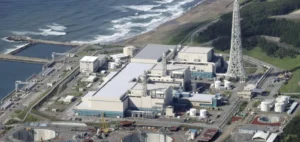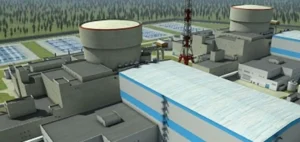In Belgium, the Commission des dispositions nucléaires (CPN), informs Engie of the country’s nuclear decommissioning provisions.
A financial dispute
Belgium, publishes the three-yearly revision of the provisions for the decommissioning of nuclear power plants and the management of spent fuel. Engie closed a first Belgian power plant and NPC increases provisions for closures. Indeed, the NPC increases the provisions by €3.3 billion.
Engie considers this increase for the dismantling of the power plants in Belgium as unjustified. Specifically, Engi’s subsidiary Synatom is expected to increase its provisions by €2.9 billion. Electrabel, another subsidiary of the French group, would suffer an increase in provisions of €0.4 billion.
NPC offers several reasons for this increase. First, it provides for a decrease in the discount rate for provisions covering spent fuel management. In addition, the NPC is reviewing the industrial scenarios for the decommissioning of the Belgian power plants.
An increase in operational costs
In Belgium, Engie considers this revision of the provisions for the decommissioning of the power plants unjustified and disproportionate. Engie will make counter-proposals and evaluate a possible appeal to the Court of Markets in case of disagreement. The French company now expects an increase in operating costs.
Engie believes that most of the risks are already taken into account in the assessment made by its subsidiaries Synatom and Electrabel. In addition, the company says there is no justification for lowering the discount rate for spent fuel management in light of the current rise in interest rates. Engie recommends an increase in provisions of only €0.9 billion.
Finally, without affecting the review of the NPC, Engie could file an appeal against the authorities in Belgium. The delay in implementing solutions for nuclear waste management is causing Engie to incur additional costs. These would amount to €1.3 billion.






















